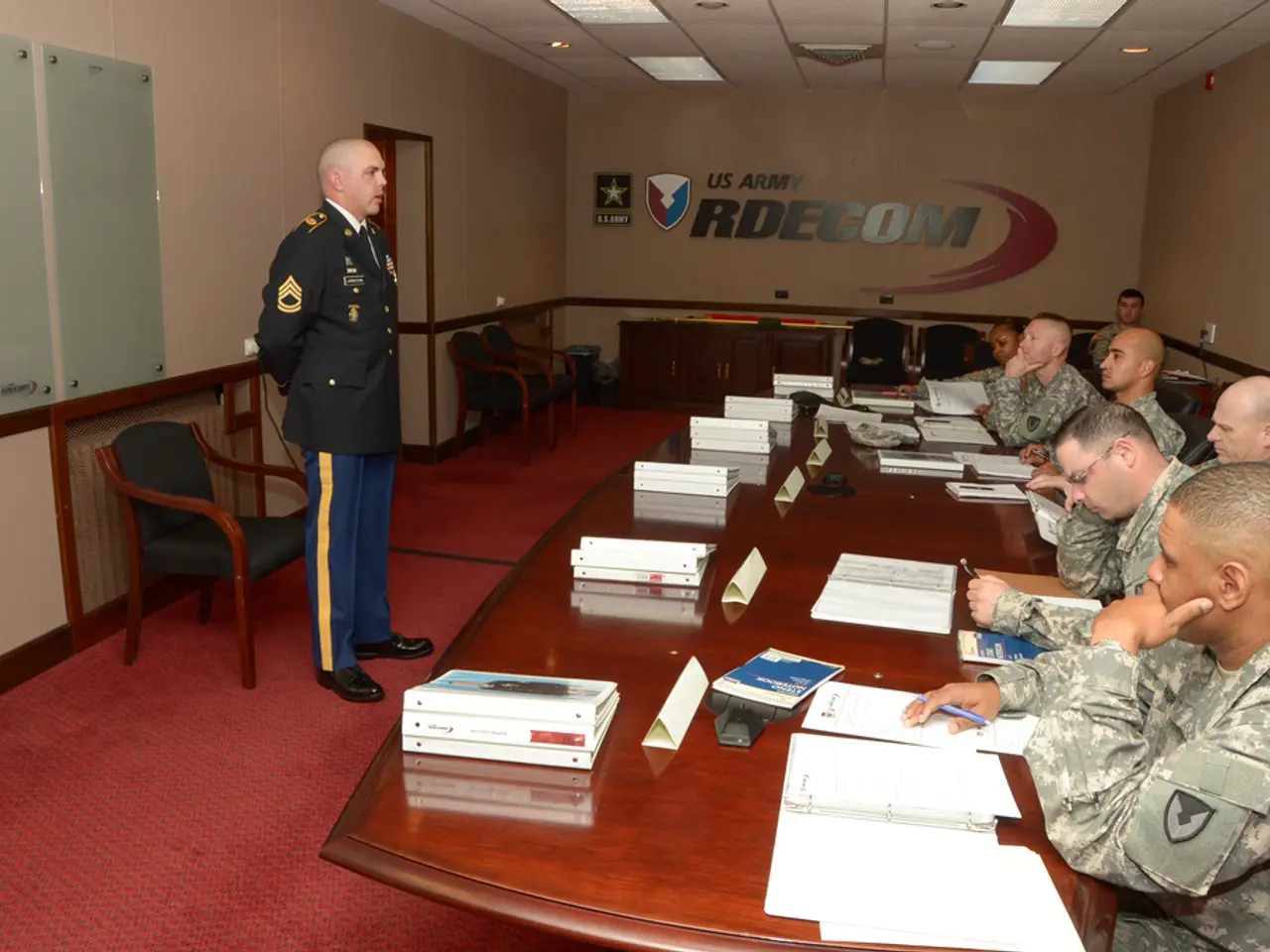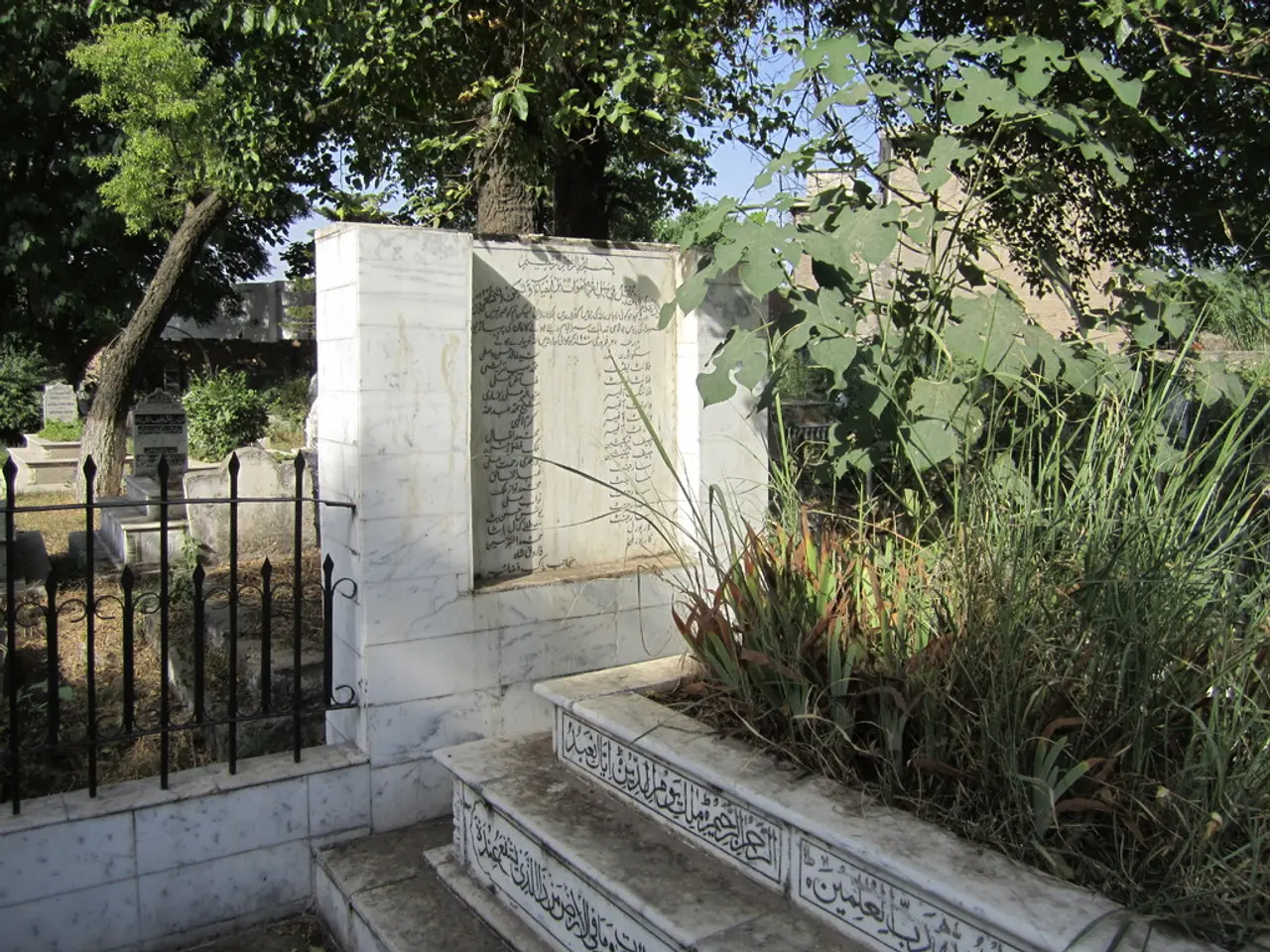Seniors Age 60 and Above Given Approval for Military Service Contracts in Ukraine
In a significant move aimed at addressing ongoing manpower shortages, the Verkhovna Rada, Ukraine's parliament, has passed a law allowing citizens aged 60 and above to voluntarily serve in the Armed Forces of Ukraine during martial law. The law was supported by 306 MPs in the second reading and came into effect on July 16.
**Key Provisions of the Law**
The legislation permits both men and women over 60 years old to sign military service contracts, provided they are found fit for duty based on health criteria. Those who wish to serve must submit a written request to their military commander. If approved, they serve a one-year contract, which can be extended as long as martial law continues. All candidates undergo a two-month probation period; failing to meet military standards results in contract termination. There is no upper age limit for continued service under contract; termination is automatic once martial law ends.
**Motivation and Context**
This change is a response to Ukraine’s prolonged mobilization needs and apparent recruitment challenges since the start of the full-scale war in 2022. By allowing older, willing citizens to serve, Ukraine aims to maintain manpower levels without resorting to broader mandatory conscription beyond traditional age limits.
**Potential for Abuse and Oversight**
Critics note that the legislation does not clearly define who is responsible for selecting candidates, which could lead to arbitrary decisions or abuse. The process relies on commanders’ and higher authorities’ discretion, potentially affecting fairness and consistency.
**Implications of Lowering the Mobilization Age for Combat Capability**
The law expands the pool of available personnel, especially in a war of attrition where both sides face significant losses and recruitment challenges. Older recruits may bring valuable experience, especially those with prior military careers. Their stability and discipline could benefit unit cohesion. However, not all individuals over 60 will be fit for the physical demands of modern combat, especially frontline roles. The two-month probation is intended to filter out those unsuitable, but there is a risk of overestimating operational fitness.
Older recruits may require longer or specialized training to adapt to current battlefield realities, potentially slowing down unit readiness. There are concerns about the overall quality and sustainability of units with older personnel, especially during prolonged engagements. While experience is valuable, younger soldiers typically recover from injury faster and adapt more quickly to new technologies and tactics. Relying on older citizens for frontline roles is not a sustainable long-term strategy for a modern military.
**Conclusion**
The new Ukrainian law represents a pragmatic, albeit controversial, response to ongoing mobilization pressures. By permitting older citizens to serve voluntarily, Ukraine seeks to address immediate manpower shortages, but this comes with risks to both individual well-being and broader combat effectiveness. The impact on combat capability will depend on how rigorously health and fitness standards are enforced, the roles assigned to these recruits, and the degree to which their integration strengthens—rather than strains—military units. Ultimately, this measure highlights the severe human toll and sustained challenges faced by Ukraine’s armed forces after years of high-intensity conflict.
The new legislation, concerning war-and-conflicts and policy-and-legislation, allows individuals aged 60 and above to voluntarily serve in the Armed Forces of Ukraine during martial law, a move motivated by ongoing manpower shortages. This shift within politics may have implications for combat capability, as older recruits may bring valuable experience yet could struggle with physical demands and require specialized training, potentially impacting unit readiness and sustainability in the long term. General-news outlets will closely monitor the implementation of this measure and its effects on Ukraine's armed forces.






